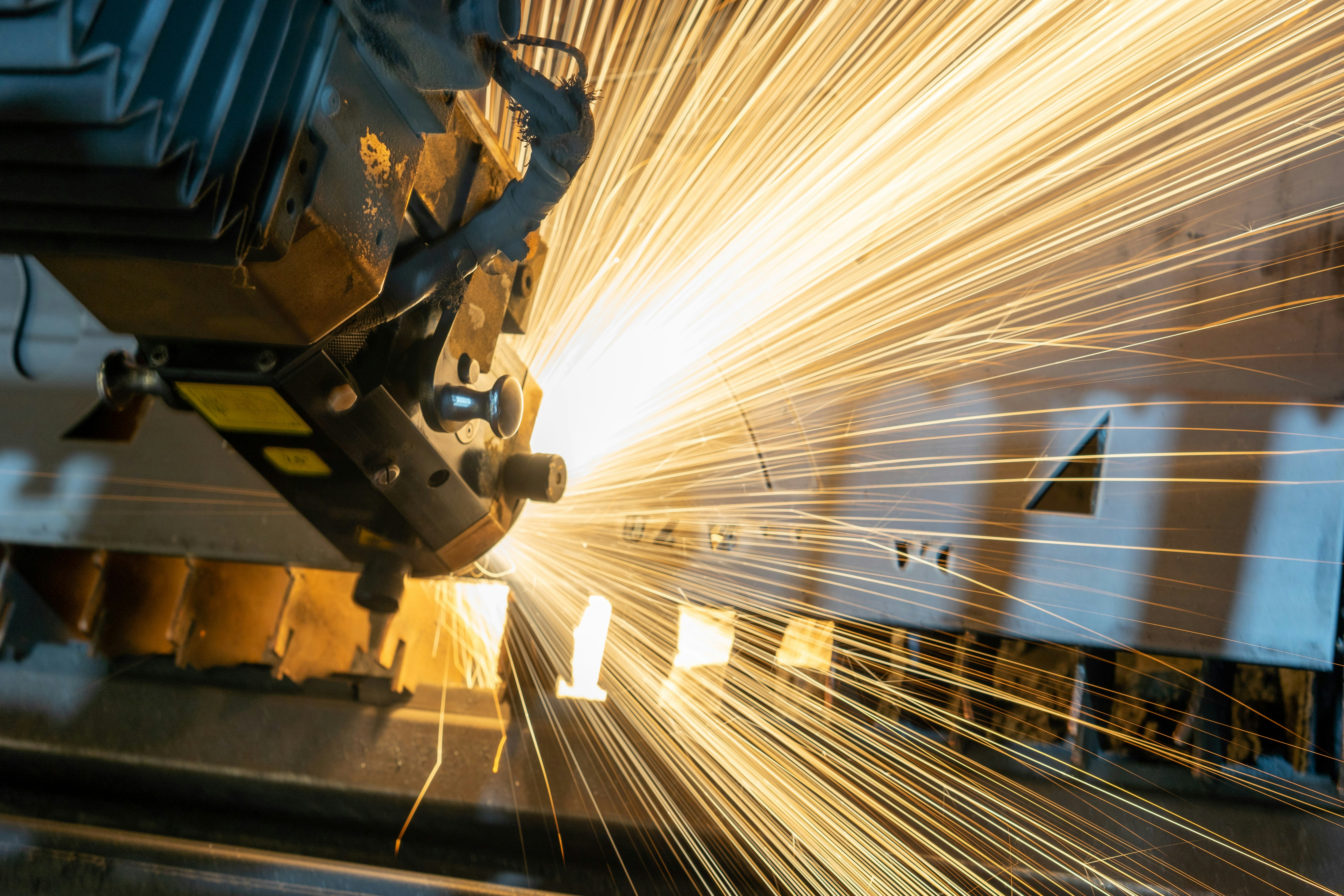Here are some ways that machine learning is changing the manufacturing sector.
- Makes forecasting accurate
One of the biggest and most important areas in the manufacturing sector is forecasting. It is crucial for companies to identify the number of products that would be needed in a specific period. Manufacturing too many products or purchasing many raw materials can lead to extra costs. On the other hand, if a company purchases too little inventory, the chances of failing to meet the customer's demands reduces. This means lost revenue and damaged company reputation. With forecasting made possible by ML systems, companies can start manufacturing the needed products. This will reduce wastage and shortages.
- Enables optimization of workflows
The majority of people assume that manufacturing has become efficient with time. This is not true because manufacturing capacity utilization has gone down over the years despite various improvements in other aspects of manufacturing. Industrial ML can help optimize workflows and eventually improve the areas that are inefficient. ML solutions allow manufacturers to create digital twins and model various scenarios in these areas. The results of modelling allow manufacturers to determine the best course of action.
- Reduction of supply chain errors
According to McKinsey, machine learning will reduce errors in supply chain forecasting by over 50% and minimize the lost sales as a result of bad forecasting by 65%. It will enhance product availability and minimize the costs associated with transport, warehousing and administration of supply chains by 5 to 10% and 25 to 40%, respectively. ML will lead to overall inventory reductions of 20- 50%.
- Predicting maintenance needs
One of the most promising areas that ML can be used in manufacturing is predictive analytics. ML algorithms can predict the time that an equipment may fail by analyzing performance data gathered by sensors in machines. The predictions can allow manufacturers to adopt an optimal approach to repair machines and avoid machine downtimes caused by unscheduled maintenance. Corrective maintenance is cheaper than fixing breakdowns and downtimes. Correct prediction through ML allows preventive maintenance to prevent machines from breaking down.
- Enhancing quality control
Quality control is an important part of any manufacturing operation. Therefore, spotting problems before the products are shipped to the customer minimizes costs and enhances customer satisfaction through quality. Unlike manual quality control which is flawed, ML-based quality control systems are accurate and can compare products to ideal models based on data-based approaches. According to studies, ML-based quality inspections increase defect detection rates by over 90% compared to humans.
- Enables more product personalization
Over the recent years, customers have begun to demand more personalized products, and manufacturers have no option but to comply. Consumers' reliance on digital services has led them to expect personalized products and services. This can be a big challenge to manufacturers. However, machine learning can help them meet these demands and increase satisfaction and loyalty. With ML, manufacturers can develop hyper-personalized products for their customers and increase sales. Machine learning models can infer features that customers did not mention but would love if added. With the advancement of machine learning models, there will be an increase in customization, and companies will benefit from it.












